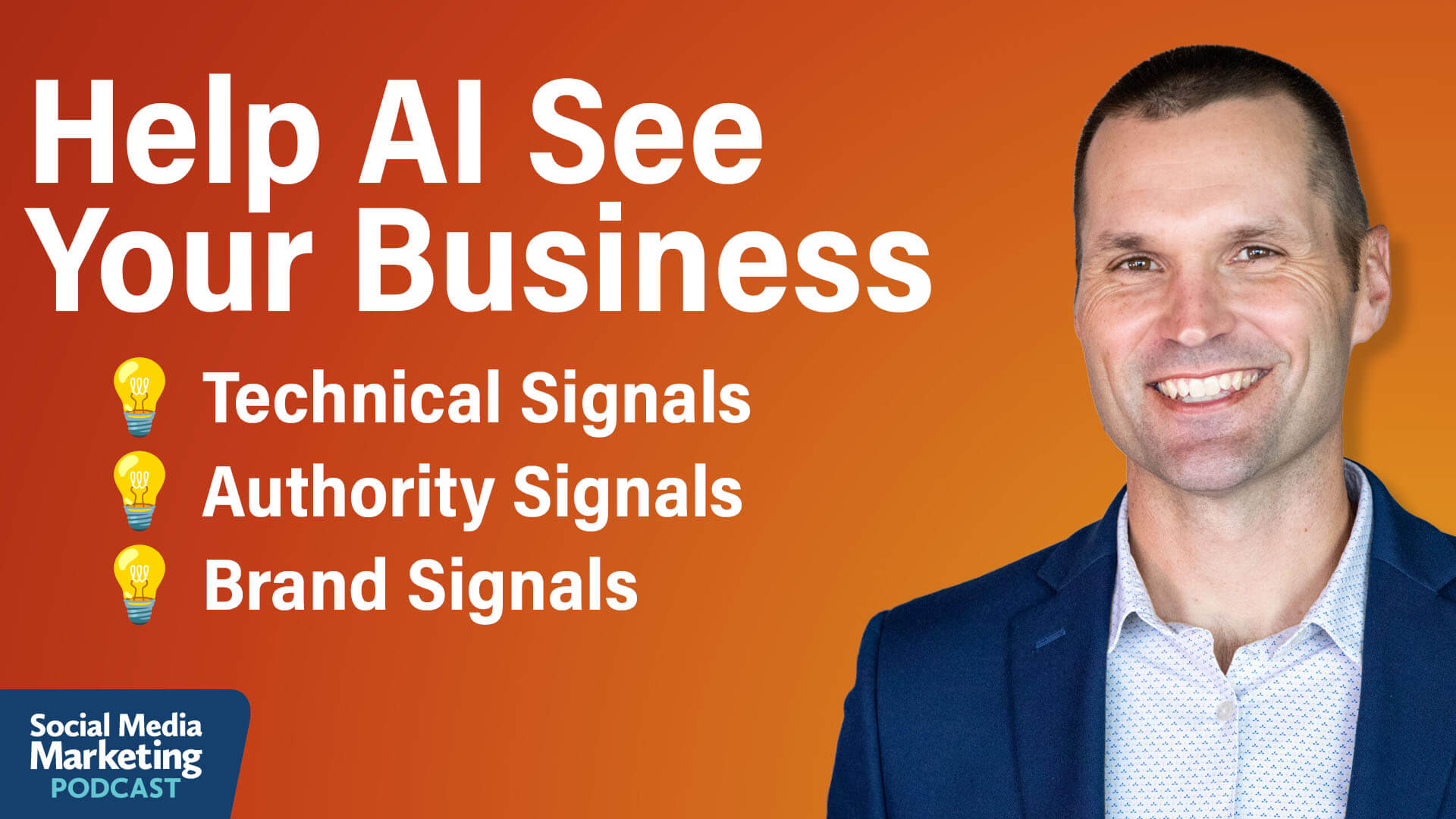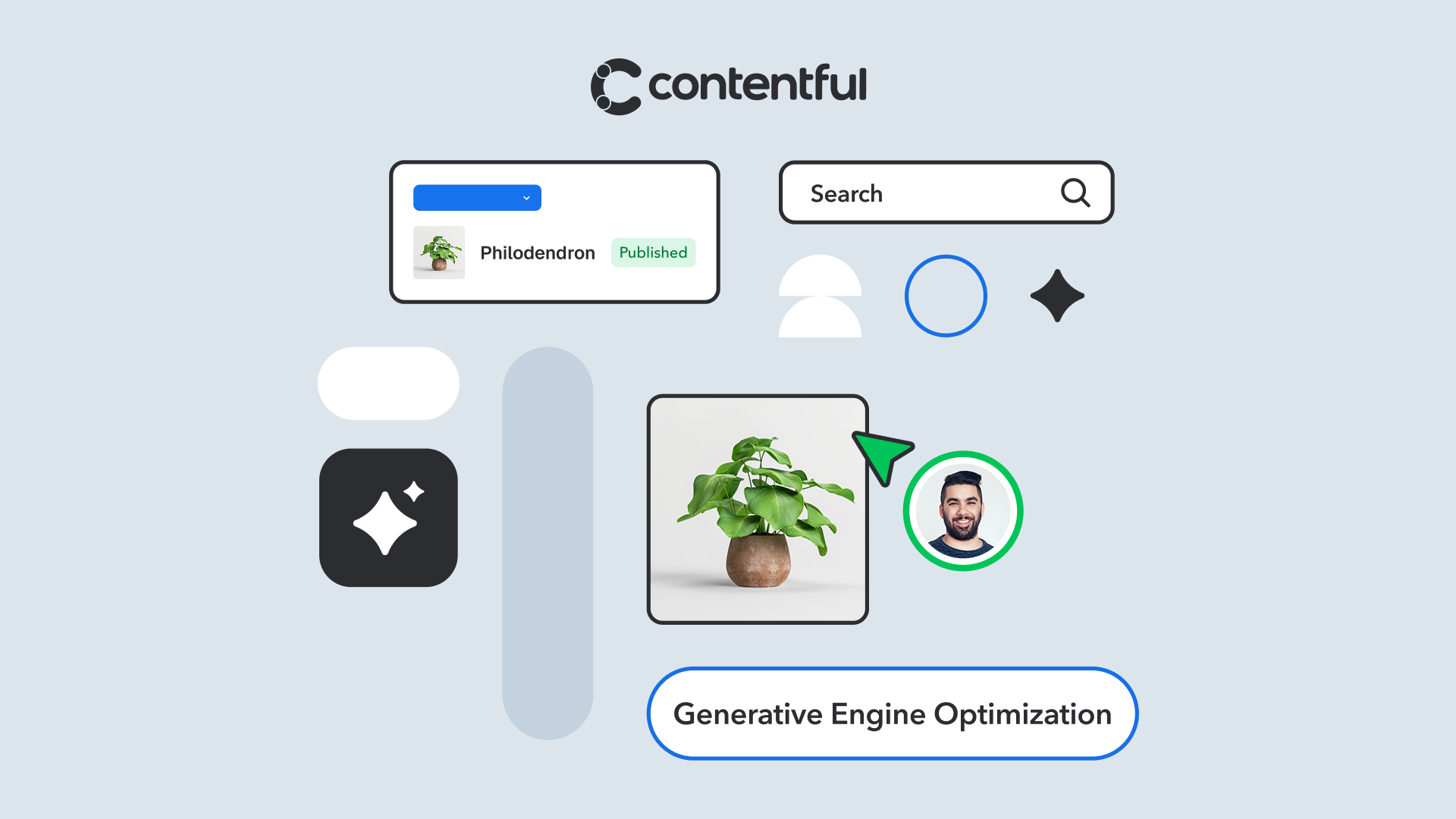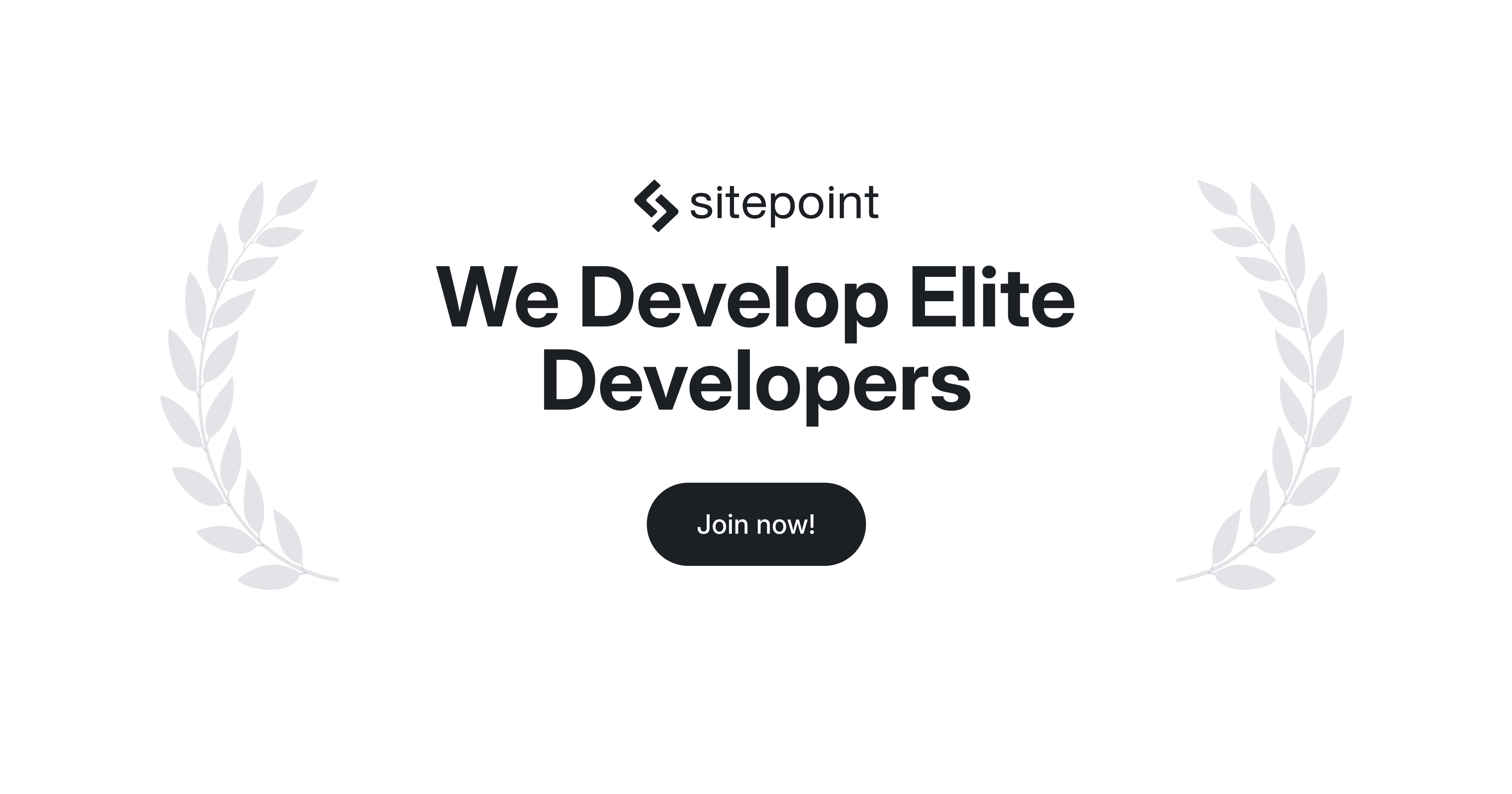UX design
fromSitePoint Forums | Web Development & Design Community
8 hours agoMade-up brand names vs real words: which work better for web projects?
Made-up brand names simplify domain availability, search intent control, and consistent branding, while real dictionary words feel more intuitive for users.

































